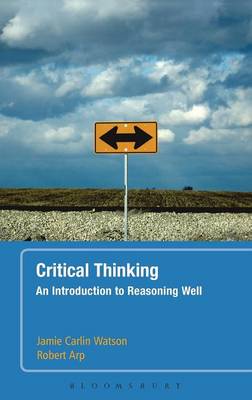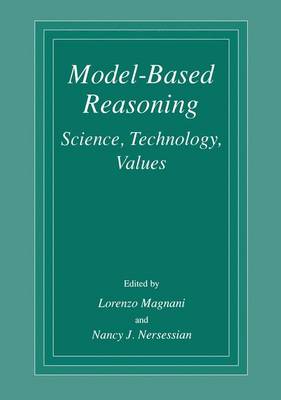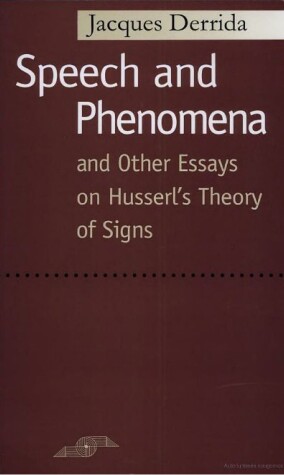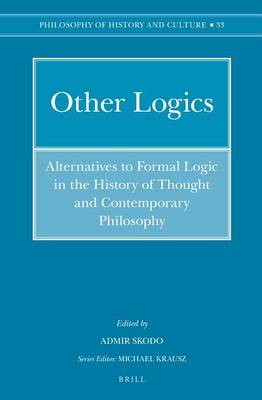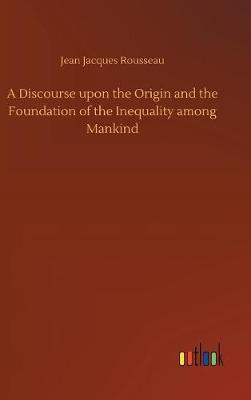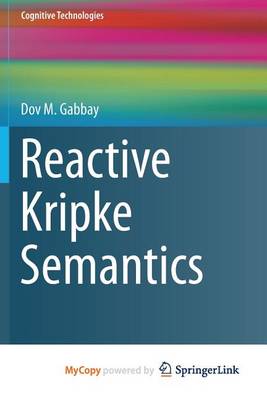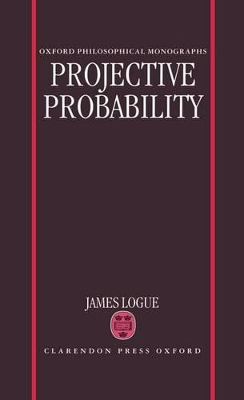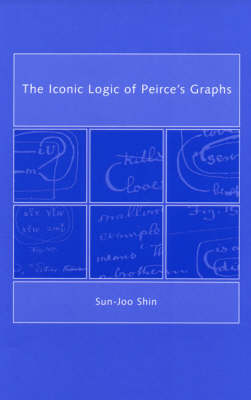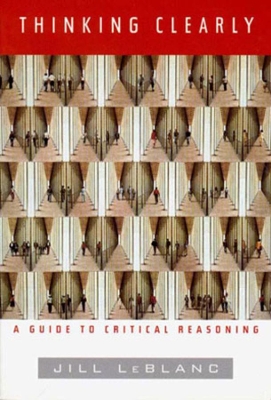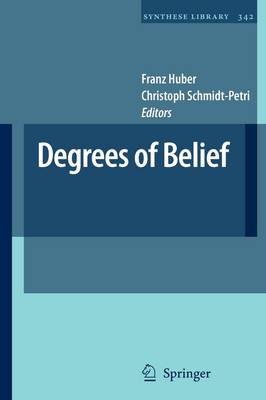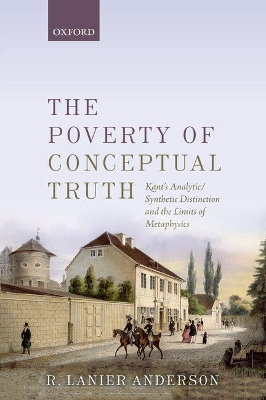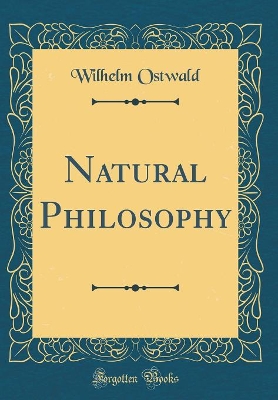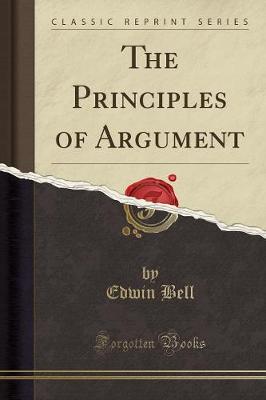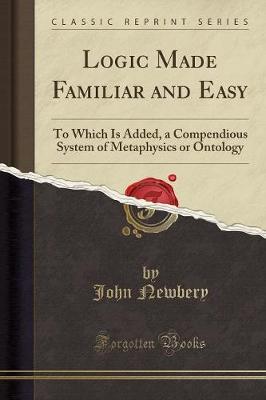Designed for effective classroom use, this book equips students to think critically, reason and argue well. "Critical Thinking: An Introduction to Reasoning Well" provides a concise and accessible introduction to logic and critical reasoning. Designed specifically to meet the needs of undergraduate students encountering philosophical logic and critical thinking for the first time, this comprehensive textbook covers all the themes and topics typically covered in an introductory course. Topics cov...
Des Erreurs Et de la Verite, Ou Les Hommes Rappelles Au Principe Universel de la Science
by Louis-Claude De Saint-Martin
Philosophy of everybody's business. As human beings, we all have the ability, and even the proclivity, to philosophize. We all engage in philosphical thought in the course of our daily live. What is philosophy? Why is it important? The importance of philosophy can be summed up in two words: Great Ideas. Great Ideas are the ideas that have been captured and developed in what are often called the Great Books of Western Civilization. They are common concepts that are a part of everyone's vocabulary...
Model-Based Reasoning
There are several key ingredients common to the various forms of model-based reasoning considered in this book. The term 'model' comprises both internal and external representations. The models are intended as interpretations of target physical systems, processes, phenomena, or situations and are retrieved or constructed on the basis of potentially satisfying salient constraints of the target domain. The book's contributors are researchers active in the area of creative reasoning in science and...
Speech and Phenomena, and Other Essays on Husserl's Theory of Signs (Studies in Phenomenology and Existential Philosophy)
by Jacques Derrida
In "Speech and Phenomena, " Jacques Derrida situates the philosophy of language in relation to logic and rhetoric, which have often been seen as irreconcilable criteria for the use and interpretations of signs. His critique of Husserl attacks the position that language is founded on logic rather than on rhetoric; instead, he claims, meaningful language is limited to expression because expression alone conveys sense. Derrida's larger project is to confront phenomenology with the tradition it has...
Contemporary Action Theory Volume 2: Social Action (Synthese Library, #267)
Contemporary Action Theory, Volume II (Social Action) is concerned with the philosophical and logical aspects of actions performed by several individuals or groups of individuals. The topics dealt with in this volume include collective attitudes (especially joint intentions), cooperation, social norms, and commitments. The contributors are leading experts in the philosophy of social action and artificial intelligence. No comparable collection of papers is currently available.
Other Logics: Alternatives to Formal Logic in the History of Thought and Contemporary Philosophy challenges the widespread idea of formal logic as inherently monolithic, universal, and ahistorical. Written by both leading and up-and-coming scholars, and edited by Admir Skodo, Other Logics offers a wide variety of historical and philosophical alternatives to this idea, all arguing that logic is a historical, concrete, and multi-dimensional phenomenon. To name a few examples, Frank Ankersmit lays...
Ways Into the Logic of Alexander of Aphrodisias (Philosophia Antiqua, #62)
by FLANNERY
A Discourse upon the Origin and the Foundation of the Inequality among Mankind
by Jean-Jacques Rousseau
Reactive Kripke Semantics (Cognitive Technologies)
by Dov M. Gabbay
This text offers an extension to the traditional Kripke semantics for non-classical logics by adding the notion of reactivity. Reactive Kripke models change their accessibility relation as we progress in the evaluation process of formulas in the model. This feature makes the reactive Kripke semantics strictly stronger and more applicable than the traditional one. Here we investigate the properties and axiomatisations of this new and most effective semantics, and we offer a wide landscape of appl...
This book presents a novel theory of probability and judgements of probability: strong coherentist subjectivism. Logue combines three claims in his exposition of this theory. The first states that probabilities may be treated as the degrees of partial belief of (ideally rational) agents, best established by the examination of behaviour. Thus, probability is personalist. The second claim contends that only such degrees of belief can be construed as probabilities: on this strongly subjectivist v...
Mary Leng offers a defense of mathematical fictionalism, according to which we have no reason to believe that there are any mathematical objects. Perhaps the most pressing challenge to mathematical fictionalism is the indispensability argument for the truth of our mathematical theories (and therefore for the existence of the mathematical objects posited by those theories). According to this argument, if we have reason to believe anything, we have reason to believe that the claims of our best e...
At the dawn of modern logic, Charles S. Peirce invented two types of logical systems, one symbolic and the other graphical. In this book Sun-Joo Shin explores the philosophical roots of the birth of Peirce's Existential Graphs in his theory of representation and logical notation. Shin demonstrates that Peirce is the first philosopher to lay a solid philosophical foundation for multimodal representation systems.Shin analyzes Peirce's well-known, but much-criticized nonsymbolic representation syst...
David the Invincible, Commentary on Aristotle's Prior Analytics
by A Topchyan
Recognizing the importance of rehearsing and reinforcing basic skills, Professor LeBlanc presents the essential concepts concisely so that students have time to work through the many exercises in the text and on LEMUR, its accompanying software. No other critical thinking text on the market succeeds as well in presenting fundamental material succinctly while encouraging consistent practice.
Degrees of Belief (Synthese Library, #342) (Synthese Library (Paperback), #342)
This book has grown out of a conference on "Degrees of Belief" that was held at the University of Konstanz in July 2004, organised by Luc Bovens, Wolfgang Spohn, and the editors. The event was supported by the German Research Fo- dation (DFG), the Philosophy, Probability, and Modeling (PPM) Group, and the CenterforJuniorResearchFellows(since2008:Zukunftskolleg)attheUniversityof Konstanz. The PPM Group itself - of which the editors were members at the time - was sponsored by a So a Kovalevskaja A...
The Poverty of Conceptual Truth is based on a simple idea. Kant's distinction between analytic and synthetic judgments underwrites a powerful argument against the metaphysical program of his Leibnizian-Wolffian predecessors-an argument from fundamental limits on its expressive power. In that tradition, metaphysics promised to reveal the deep rational structure of the world through a systematic philosophy consisting of strictly conceptual truths, which flow from a logically perspicuous relation o...
